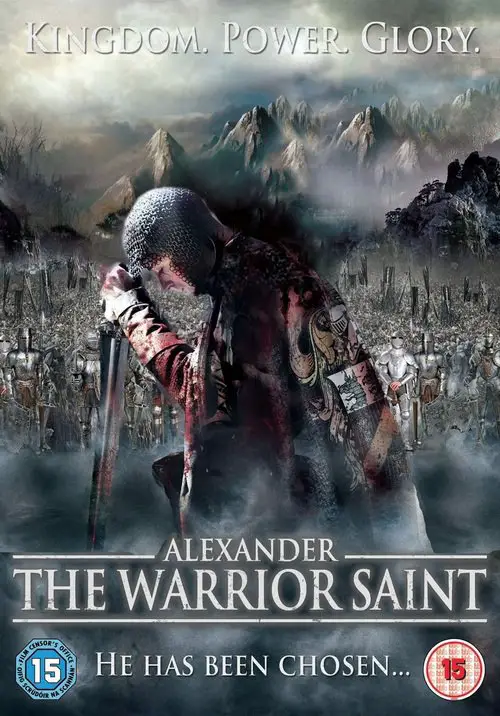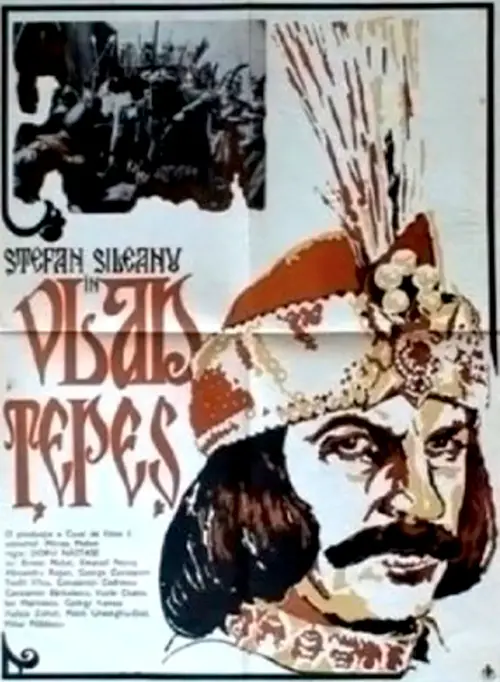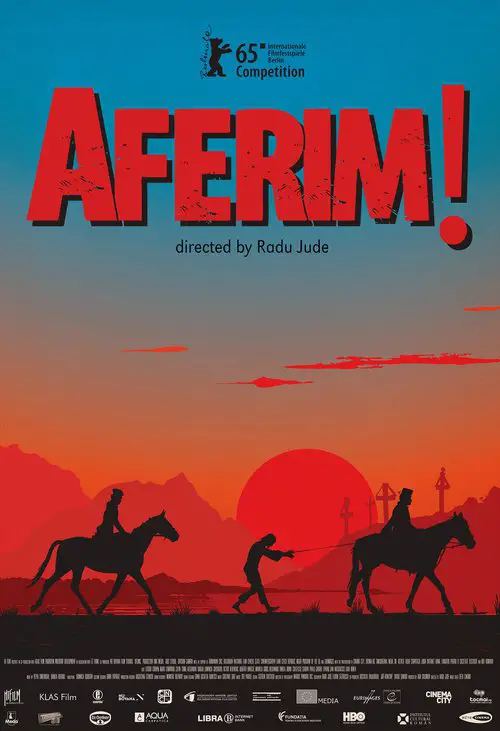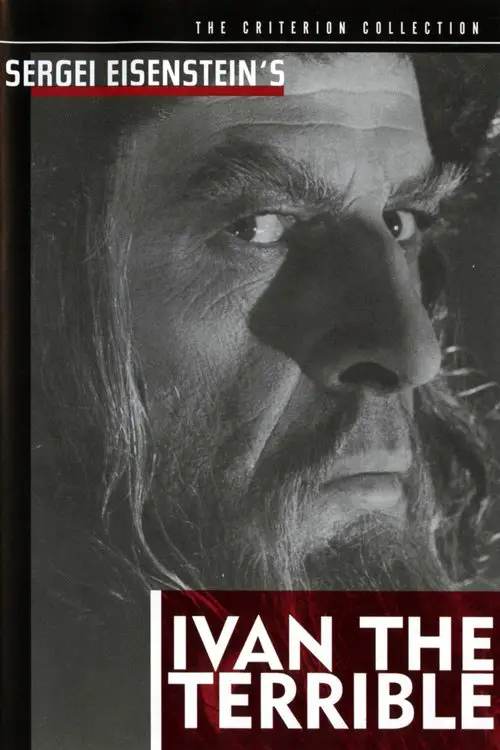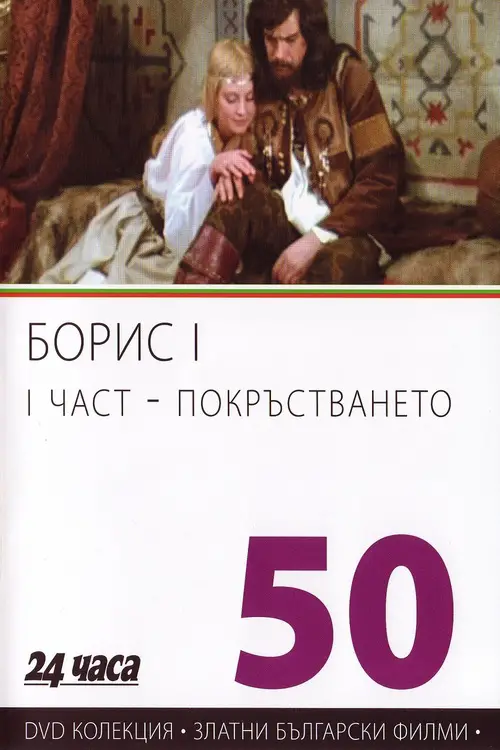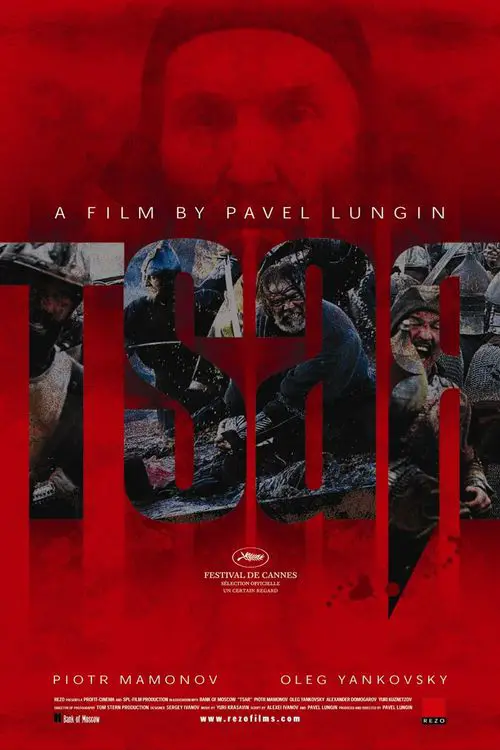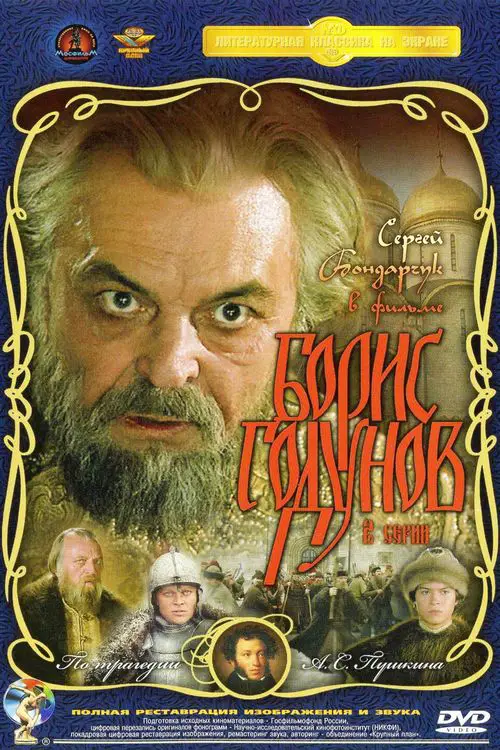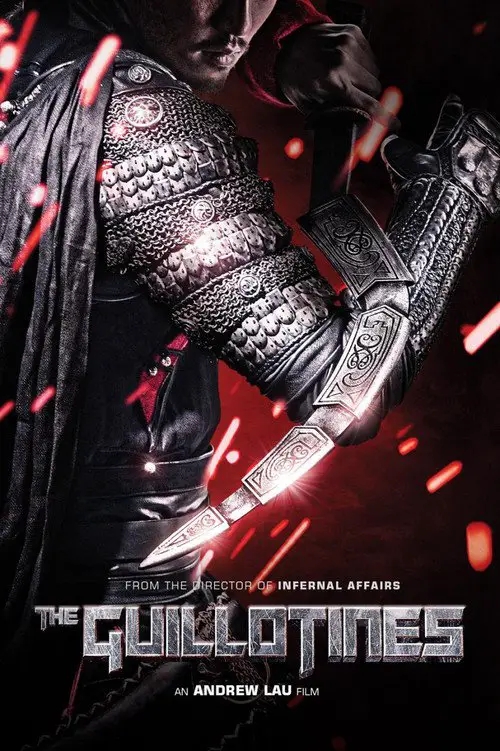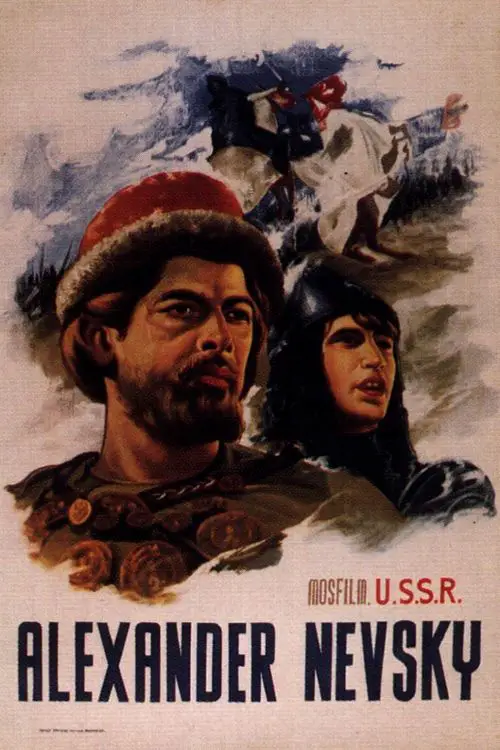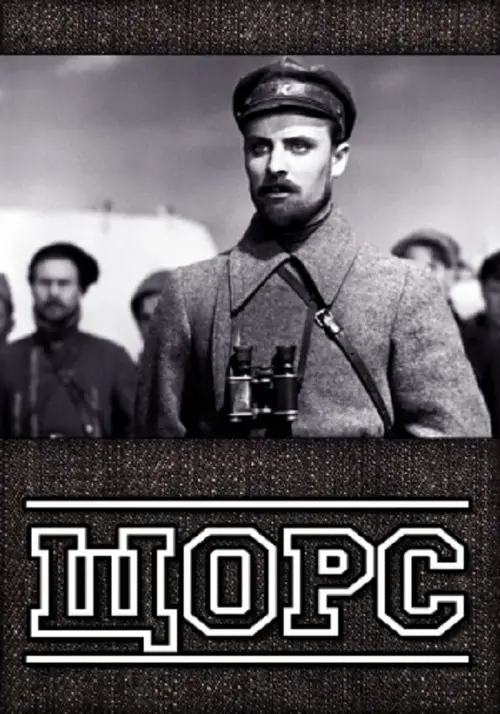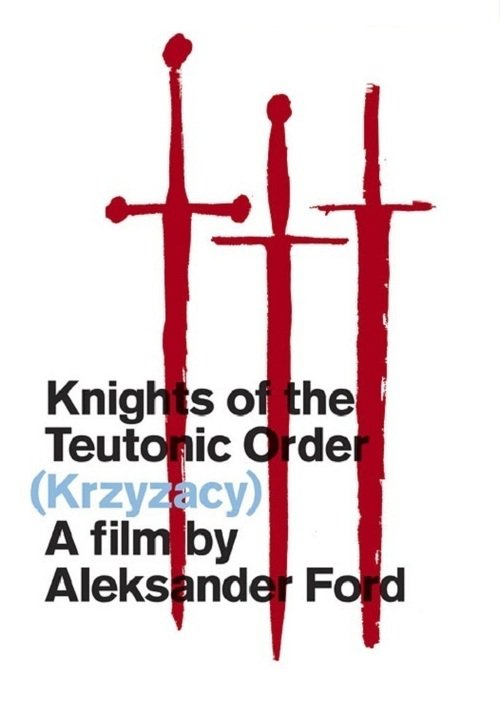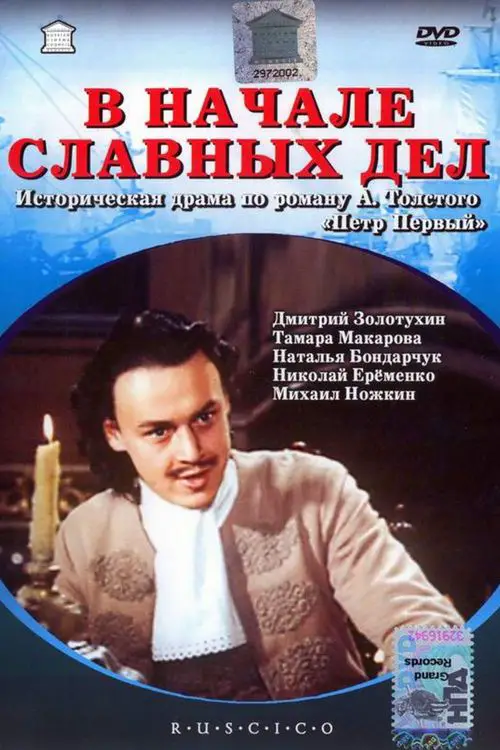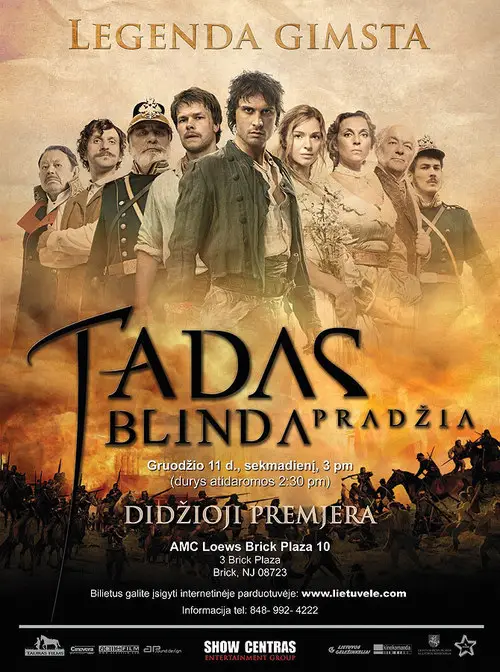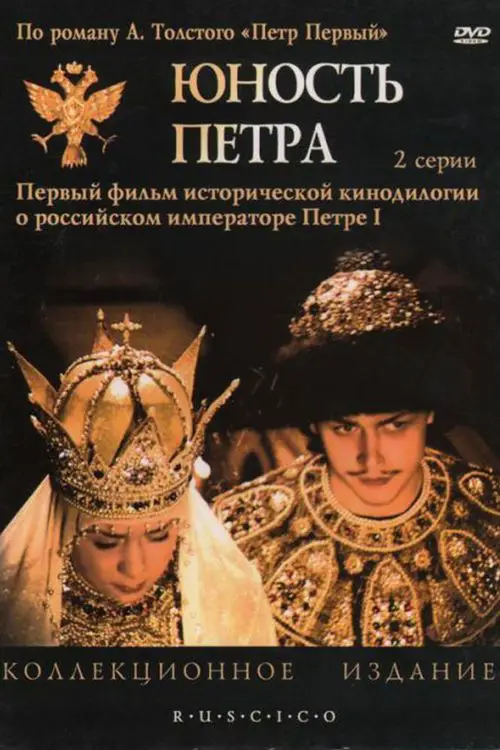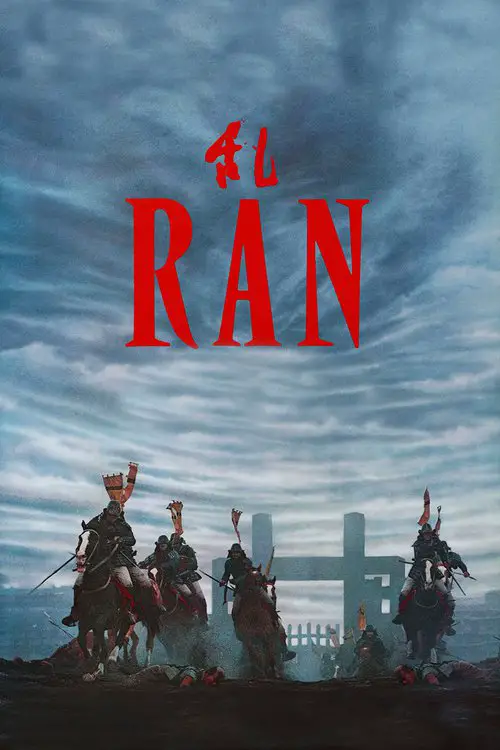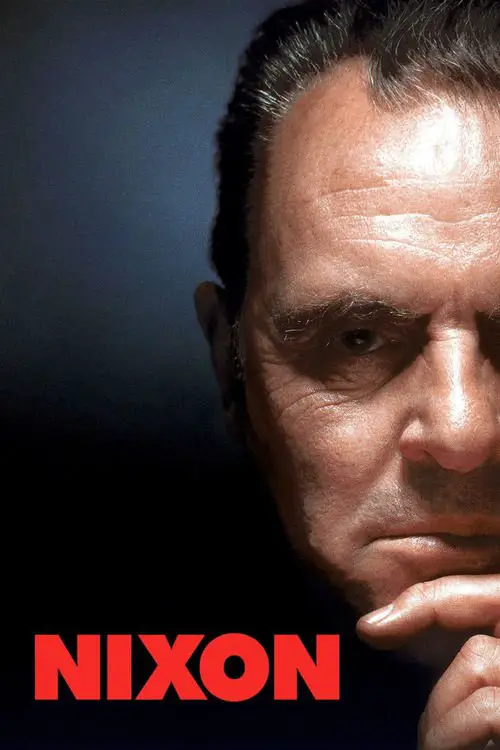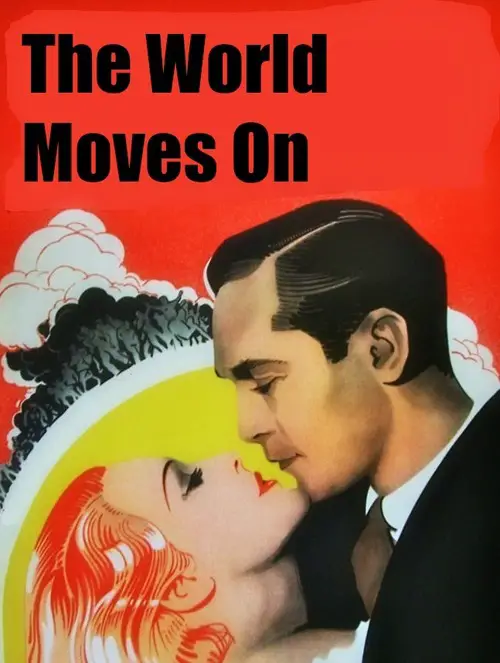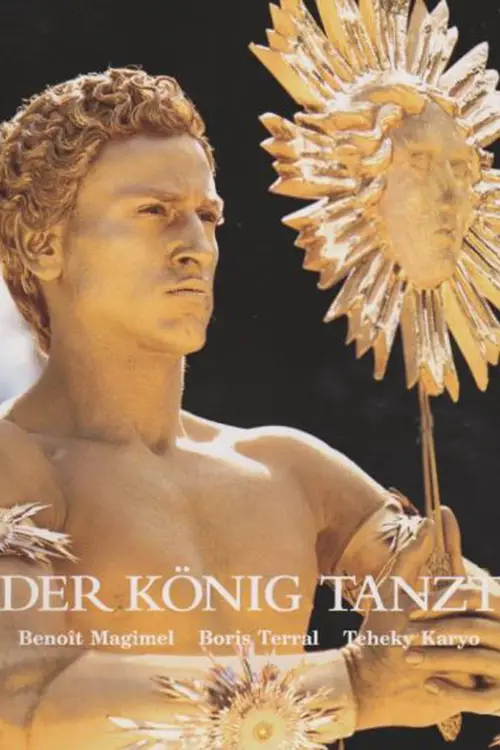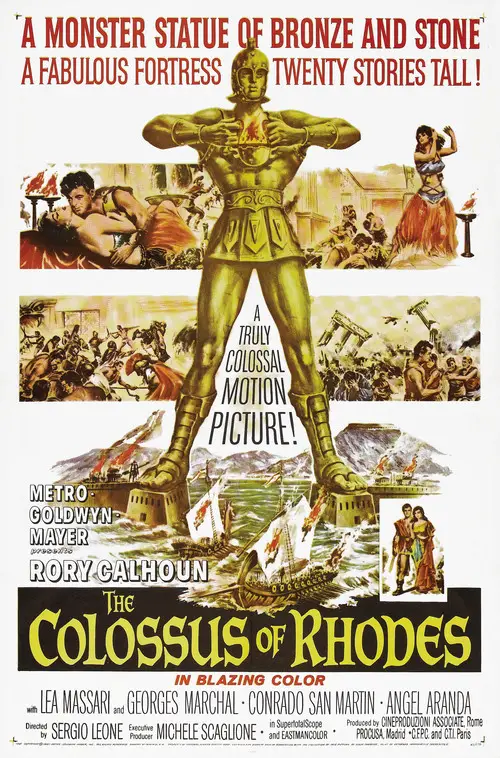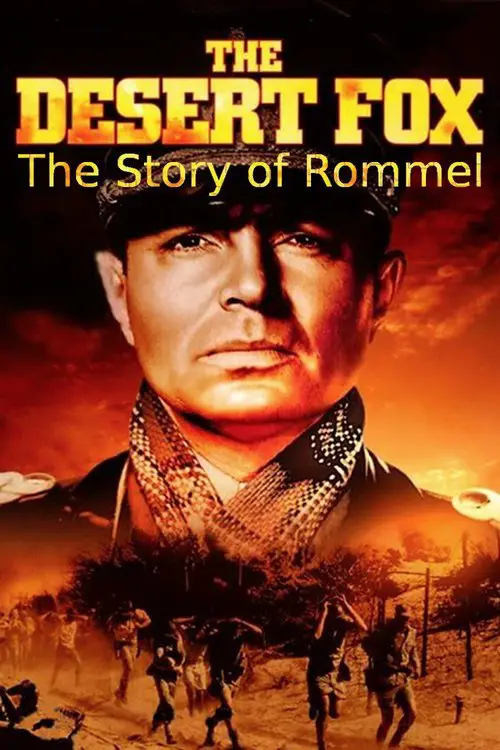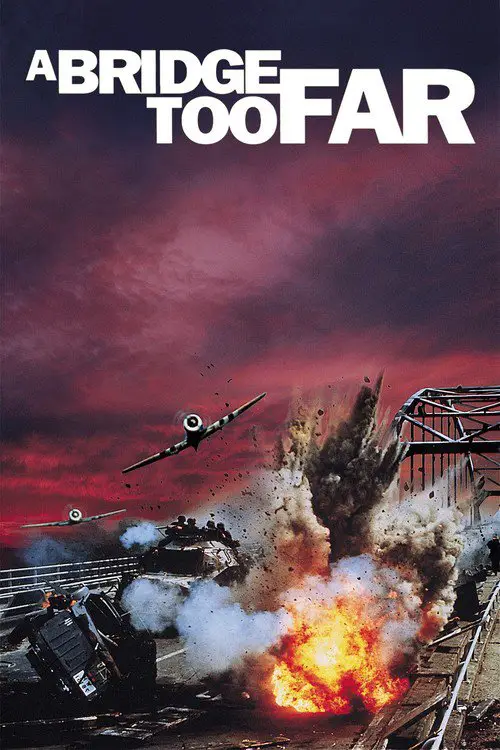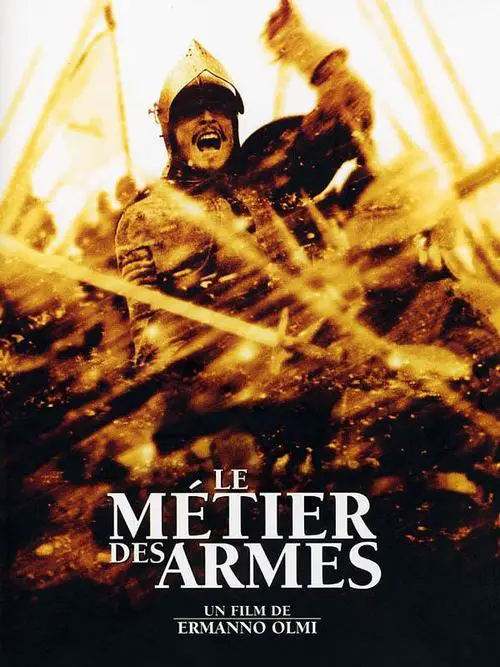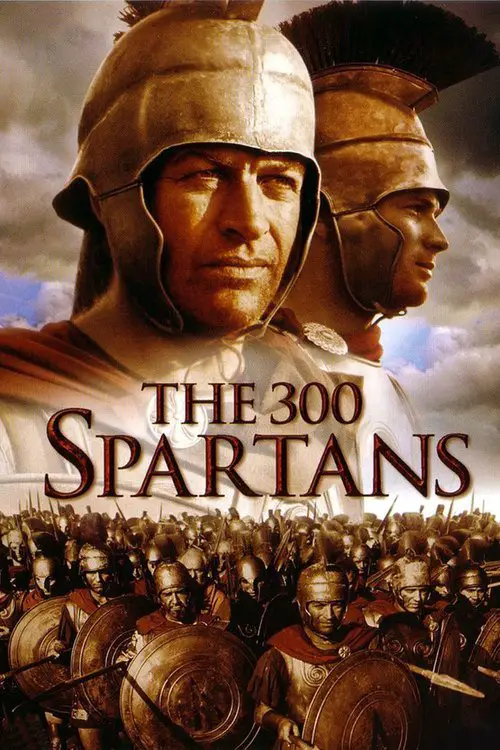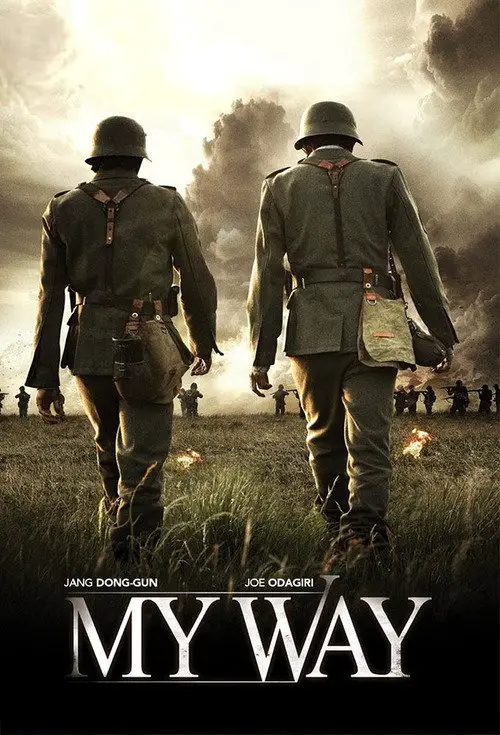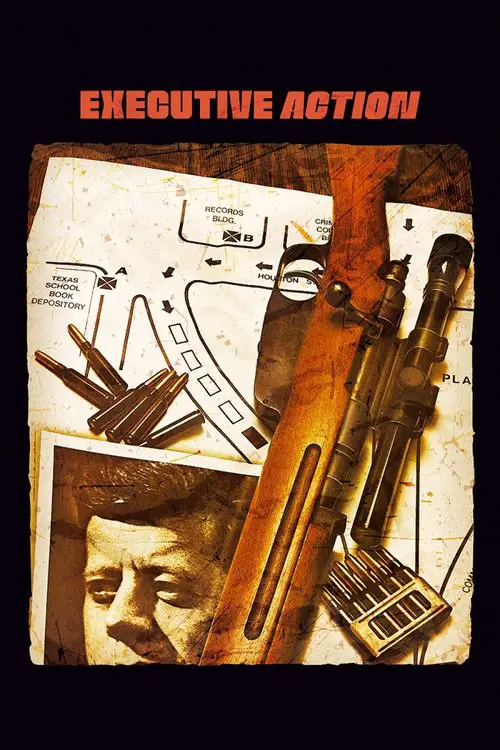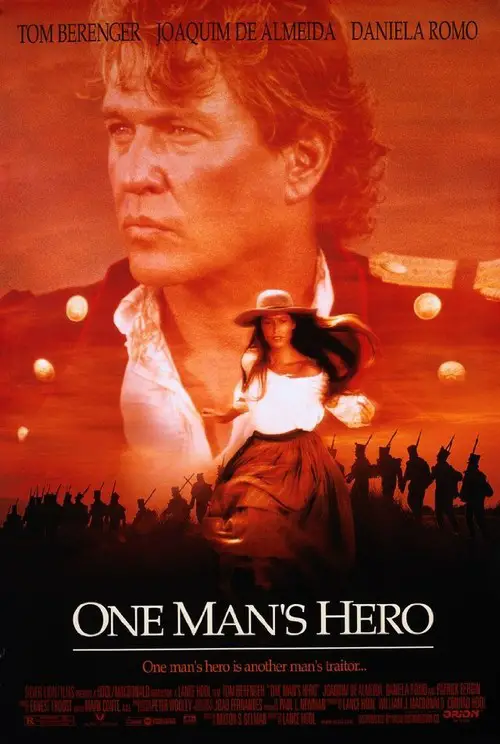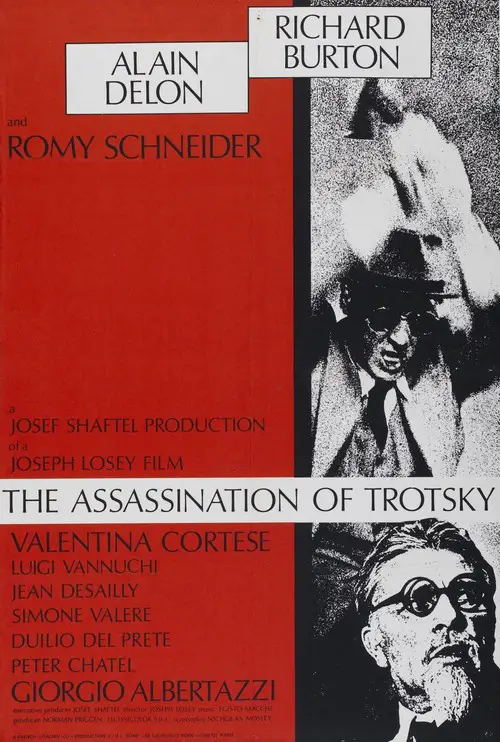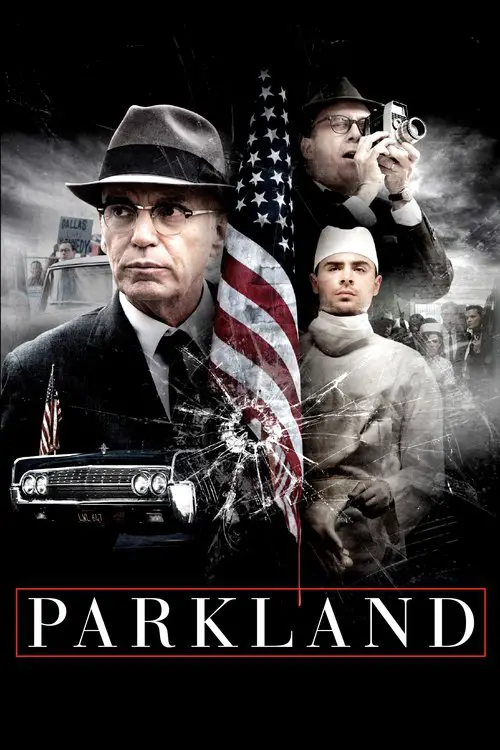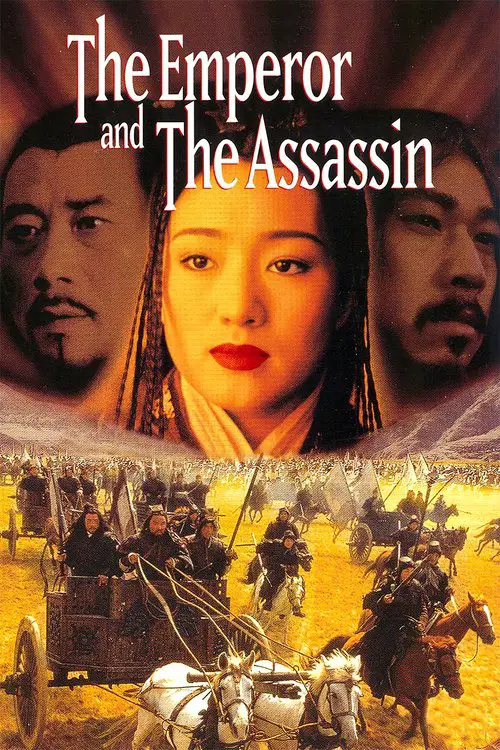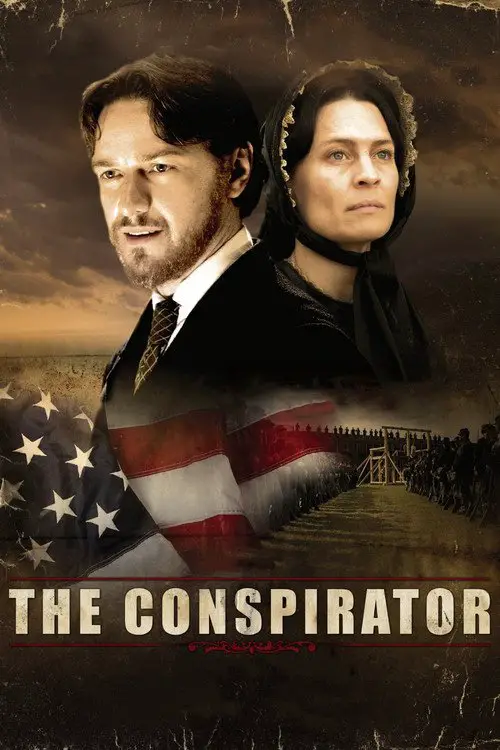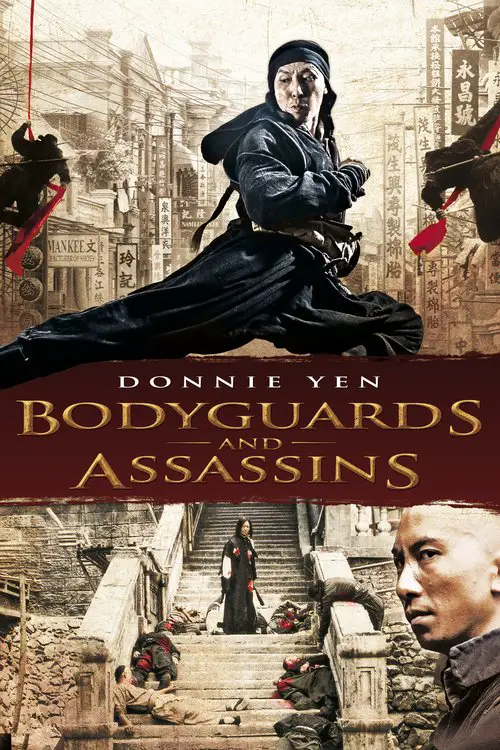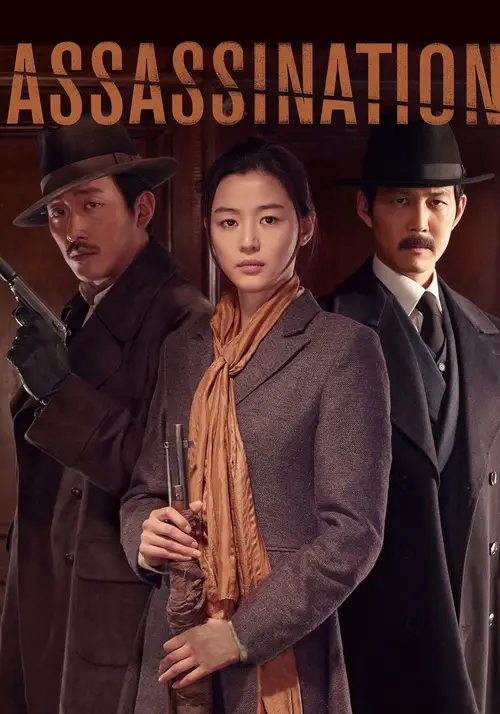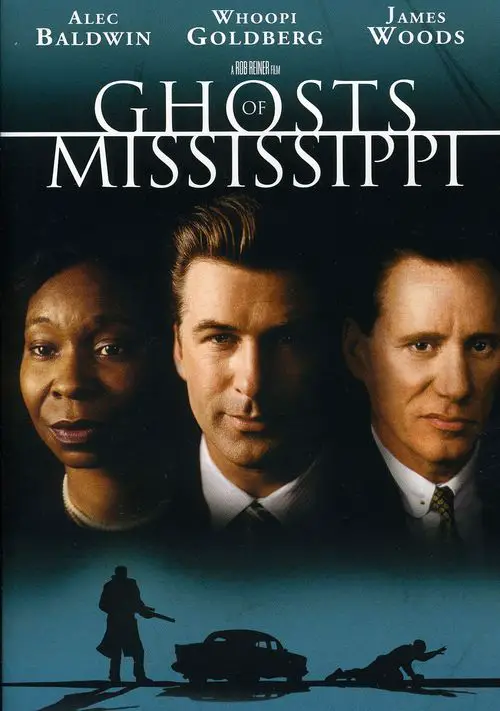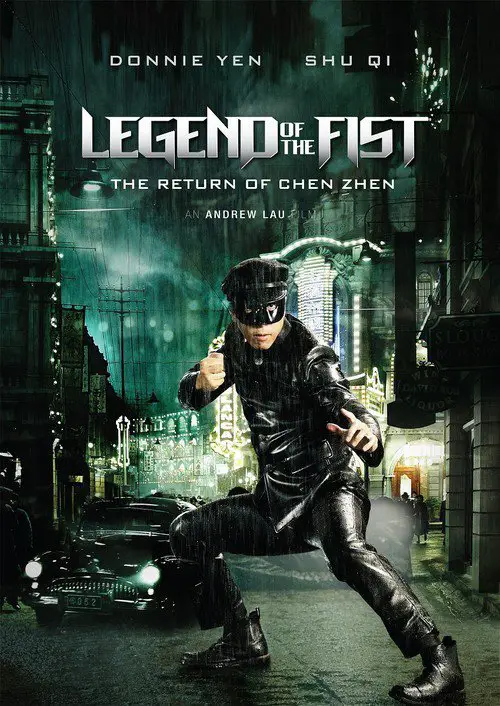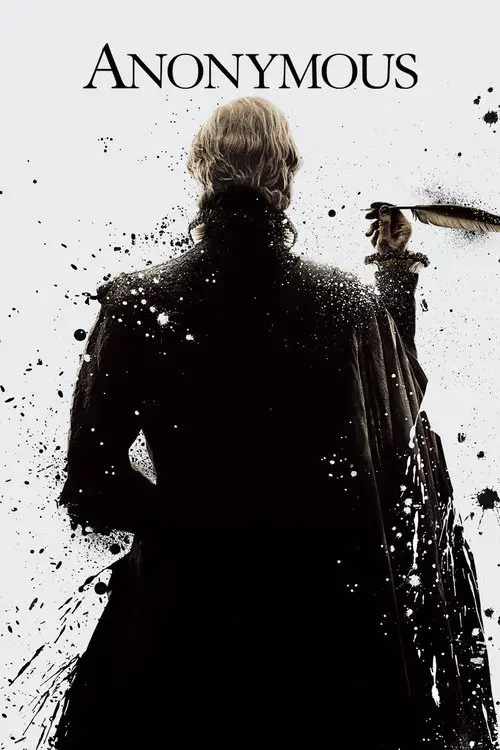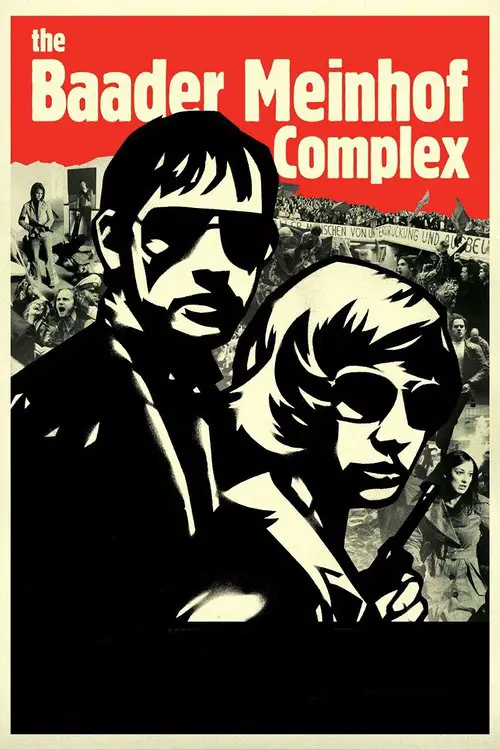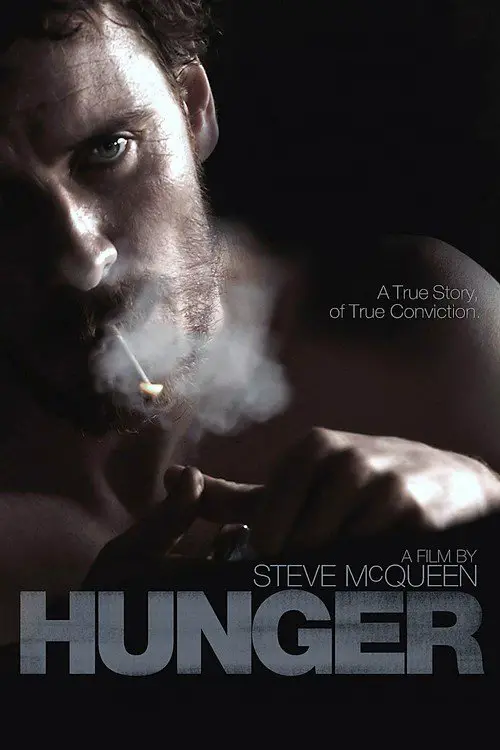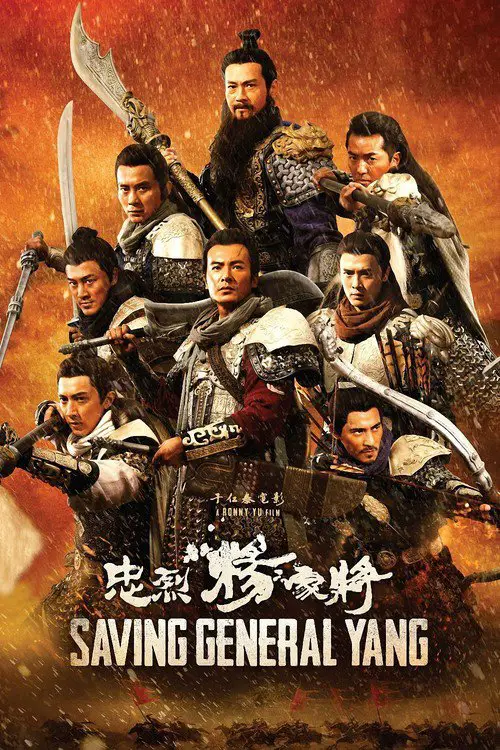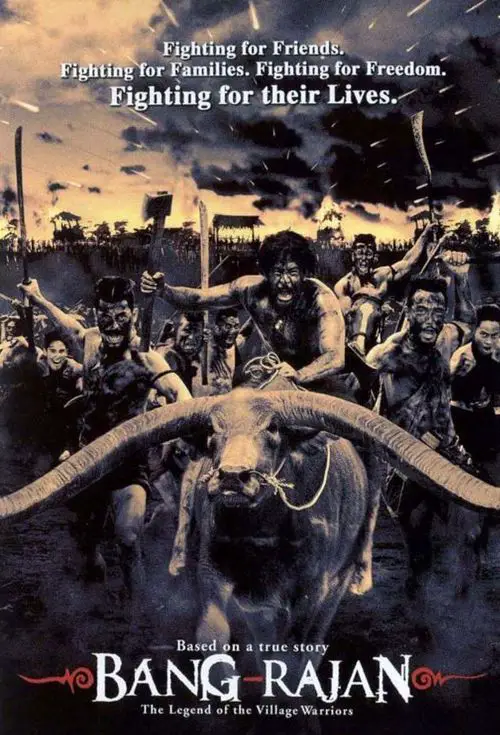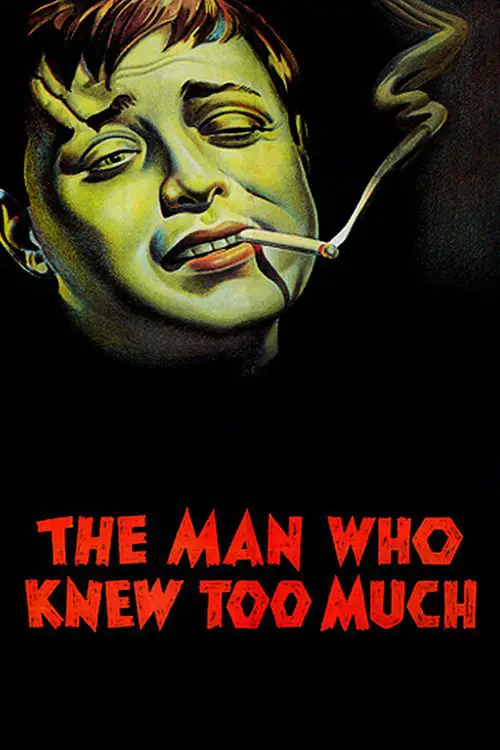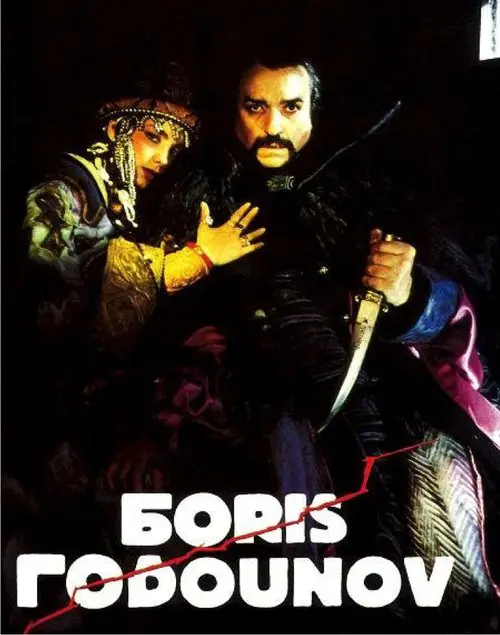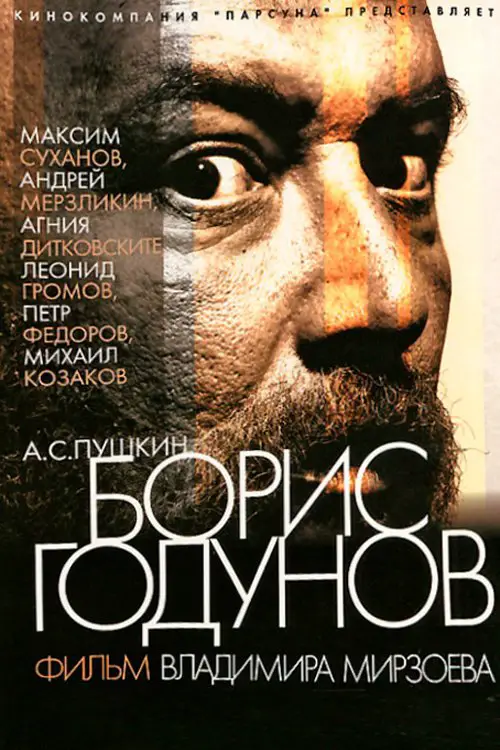Ivan the Terrible, Part II: The Boyars' Plot (1958)
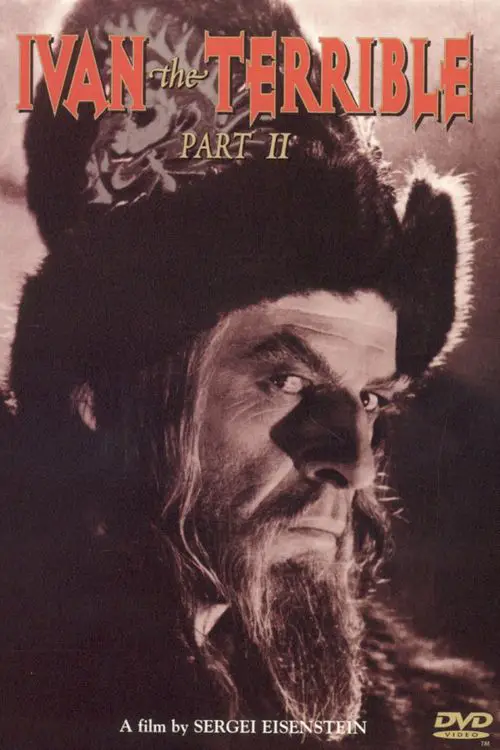
Similar movies
Young prince Aleksandr has to hold out against two enemies - the Horde in the east and the Teutonic order and Sweden in the west. He discovers that some boyars are plotting against him and are ready to betray Novgorod to the Swedes and the Germans to boost their trade. Meanwhile, his best friend falls under suspicion, as somebody tries to poison the young prince at his own wedding feast. Aleksandr has no way out - to defend his people against the invaders and to find the true poisoner.
This is a story of a great love facing the greatest drama of the history of Russia. Admiral Kolchak is a true war hero and beloved husband and father. One day he meets Anna, the love of his life and the wife of his best friend. The revolution in his heart faces the revolution in his own country His destiny is to become the Supreme Rules of Russia.
The czar of Russia has died and a power vacuum has developed. This period in the late 16th and early 17th century has been called "The Time of Troubles." There are many impostors who claim to the right to rule, but there's only one heir, the Czarina Kseniya Godunova. She has married a Polish military leader who wants to claim the Russian throne in her name so he can rule all of Russia. As the Poles move in on Moscow in an attempt to install the czarina on the throne, Andrei, a serf with a life-long infatuation of the czarina attempts to save her from her brutal Polish husband.
The picture features the life and deeds of Boris I - strong historic personality, which completes his mission to the full and at the end of his life receives holy orders. Prince Boris I is ruling in the late 9th century. In his youth, he, the brilliant statesman and diplomat, is experiencing heavy defeats in the wars he wages against his neighbors. Nonetheless, he manages not to cede any territories to the enemies. Under his rule, Bulgaria breaks with paganism and joins the Christian community, paying an exorbitant price, a heavy death toll, but there is no other way. The adoption of Christianity in 864 was a historical event of great significance. It guaranteed Boris I much need peace with the Eastern Roman Empire and allowed him to merge the numerous tribes inhabiting the country into a unified nationality and later to found a state. Boris I introduced the Slav script, thus turning Bulgaria into the cradle of Slav culture.
In 16th-century Russia in the grip of chaos, Ivan the Terrible strongly believes he is vested with a holy mission. Believing he can understand and interpret the signs, he sees the Last Judgment approaching. He establishes absolute power, cruelly destroying anyone who gets in his way. During this reign of terror, Philip, the superior of the monastery on the Solovetsky Islands, a great scholar and Ivan's close friend, dares to oppose the sovereign's mystical tyranny. What follows is a clash between two completely opposite visions of the world, smashing morality and justice, God and men. A grand-scale film with excellent leading roles by Mamonov and Yankovsky. An allegory of Stalinist Russia
Praised for its fine photography and production design if not its narrative, Sergei Bondarchuk directed this adaptation of the tale by Alexander Pushkin. Boris Godunov came to the Czarist throne at the end of the 16th century, after the original heir to Ivan the Terrible had died. At first, things went well for Godunov (played by Bondarchuk), but when the Russian people began to believe he had killed Ivan the Terrible's son in order to gain the throne, an alliance sprang up against the new Czar. Events continued to spin out of control as a young monk was presented as the son Godunov had supposedly killed. Now he was openly accused of failing an assassination attempt, which seems to be even worse than succeeding. In addition to these woes, Boris Godunov began to suffer serious health problems. So much for the joys of kingship.
During the Manchurian-ruled Qing Dynasty, Emperor Yong Zheng established a secret assassination squad known as the Guillotines to eliminate all who opposed him. Once heavily favored by the Emperor, the Guillotines are deemed expendable once Emperor Qian Long ascends to the throne and adopts Western ideas and technology. To consolidate his power under a new regime, the Emperor continues to use the Guillotines to persecute the conquered Han Chinese in a reign of terror and oppression. Written by Anynomous
The year is 1919. German troops retreat from Ukraine. The Directory, the Ukrainian national government lead by Symon Petliura, takes control of Kyiv. Meanwhile, the Bolshevik division commanded by Mykola Shchors is marching on the capital. The Bolsheviks capture the cities of Vinnytsia, Zhmerynka, and others one by one, but lose Berdychiv to Petliuraâs forces. They are demoralized by the defeat. By his personal example of courage and military skill, Shchors inspires the retreating Red troops and leads them to victory over the enemy.
Late 17th century. With no access to the sea, Russia suffers great losses in foreign trade. Peter tries to capture the Turkish fortress of Azov, but with no success: he can win only if he has a fleet. Peterâs ukases provoke the Boyarsâ indignation. Europe looks in amazement: the Russian tsar begins to work at a Dutch shipyard learning the subtleties of shipbuilding?! But his training is cut short. Peter has to return to Russia in order to brutally suppress the Streltsy rebellion organized by his sister Sophia.
The years of the tsarâs adolescence and youth were permeated with deadly danger coming from some of the Boyars, the rebellious Streltsy and Tsarevna Sophia who aspired for power. But already at that early time Peter demonstrates a profound, bright intellect, a strong will and the sense of purpose, which help him disarm both his open and secret enemies.
Two families, cotton merchants in England and America, with branches in France and Prussia swear to stand by each other in a belief that a great business firmly established in four countries will be able to withstand even such another calamity as the Napoleonic Wars from which Europe is slowly recovering. Then many years later, along comes World War One and the years that follow, to test the businesses.
In the early 1200s, Dogen brought Chinese Zen philosophy to Japan, and established the Japanese Zen sect of Buddhism. He taught that a person was capable of realizing Buddhahood within himself, by way of Zazen. Zazen is extended hours of sitting and meditating to achieve a state of âMuâ (nothingness, or empty existence).
The Nazis, exasperated at the number of escapes from their prison camps by a relatively small number of Allied prisoners, relocates them to a high-security "escape-proof" camp to sit out the remainder of the war. Undaunted, the prisoners plan one of the most ambitious escape attempts of World War II. Based on a true story.
Tells the story of operation Market Garden. A failed attempt by the allies in the latter stages of WWII to end the war quickly by securing three bridges in Holland allowing access over the Rhine into Germany. A combination of poor allied intelligence and the presence of two crack German panzer divisions meant that the final part of this operation (the bridge in Arnhem over the Rhine) was doomed to failure.
In autumn of 1526, the Emperor, Charles V, sends his German landsknechts led by Georg von Frundsberg to march towards Rome. The inferior papal armies, commanded by Giovanni de'Medici, try to chase them in the midst of a harsh winter. Nevertheless, the Imperial armies manage to cross the rivers along their march and get cannons thanks to the maneuvers of its Lords. In a skirmish, Giovanni de'Medici is wounded in the leg by a falconet shot. The attempts to cure him fail and he dies. The Imperial armies assault Rome. The film is beautifully but unassumingly set, and shows the hard conditions in which war is waged and its lack of glory. It ends straightforwardly with the declaration made after the death of Giovanni de'Medici by the commanders of the armies in Europe of not using again fire weapons because of their cruelty.
English General Charles George Gordon, a devout Christian, is appointed military governor of Anglo-Egyptian Sudan by Prime Minister Gladstone. Ordered to evacuate Egyptians from the Sudan, General Gordon stays on to protect the people of Khartoum, who are under threat of being conquered by a Muslim army.
Inspired by a true story. Jun Shik works for Tatsuo's grandfather's farm while Korea is colonized by Japan, but he has a dream to participate in Tokyo Olympics as a marathon runner. Tatsuo also aims to become a marathon runner, so the two are in rivalry. But war breaks out and they both are forced to enlist in the army. Tatsuo becomes the head of defense in Jun Shik's unit and he devises a scheme but fails. Jun Shik and Tatsuo are captured by the Soviets. They run away but soon are captured by Germans and forced to separate. In 1944, they meet again at the shores of Normandy.
One Man's Hero tells the little-known story of the "St. Patrick's Battalion" or "San Patricios," a group of mostly Irish and other immigrants of the Catholic faith who deserted to Mexico after encountering religious and ethnic prejudice in the U.S. Army during the Mexican-American War. The plot centers around the personal story of John Riley, an Irishman who had been a sergeant in the American Army who is commissioned as a captain in the Mexican army and commands the battalion, as he leads his men in battle and struggles with authorities on both sides of the border
November 22nd, 1963 was a day that changed the world forever â when young American President John F. Kennedy was assassinated in Dallas, Texas. This film follows, almost in real time, a handful of individuals forced to make split-second decisions after an event that would change their lives and forever alter the worldâs landscape.
Ghosts of Mississippi is a drama covering the final trial of the assassin, Bryon De La Beckwith (Woods), of the 60s civil rights leader Medgar Evers. It begins with the murder and the events surrounding the two initial trials which both ended in a hung jury. The movie then covers District Attorney, Bobby DeLaughters (Baldwin) transformation and alliance with Myrlie Evers (Goldberg), wife of Medgar Evers, of the, as he becomes more involved with bringing Beckwith to trial for the third time 30 years later. Some of the characters are played by the actual participants in this story.
Wounded in Africa during World War II, Nazi Col. Claus von Stauffenberg returns to his native Germany and joins the Resistance in a daring plan to create a shadow government and assassinate Adolf Hitler. When events unfold so that he becomes a central player, he finds himself tasked with both leading the coup and personally killing the Führer.
Seven years after the apparent death of Chen Zhen, who was shot after discovering who was responsible for his teacher's death (Huo Yuanjia) in Japanese-occupied Shanghai. A mysterious stranger arrives from overseas and befriends a local mafia boss. That man is a disguised Chen Zhen, who intends to infiltrate the mob when they form an alliance with the Japanese. Disguising himself as a caped fighter by night, Chen intends to take out everyone involved as well as get his hands on an assassination list prepared by the Japanese.
Der Baader Meinhof Komplex depicts the political turmoil in the period from 1967 to the bloody "Deutschen Herbst" in 1977. The movie approaches the events based on Stefan Aust's standard work on Die Rote Armee Fraktion (RAF). The story centers on the leadership of the self named anti-fascist resistance to state violence: Andreas Baader, Ulrike Meinhof and Gudrun Ensslin.
A group of German boys is ordered to protect a small bridge in their home village during the waning months of the second world war. Truckloads of defeated, cynical Wehrmacht soldiers flee the approaching American troops, but the boys, full of enthusiasm for the "blood and honor" Nazi ideology, stay to defend the useless bridge.
When a rival nation sends troops to invade the Song Dynasty, the emperor sends general Yang Ye (Adam Cheng) to defend the nation. However, Yang's place in the court is shaky due to a feud with Pan Renmei caused by the accidental death of his son at the hands of one of Yang's sons. At the battle, Yang is abandoned by Pan's troops, leaving him trapped in the face of an attack by Yeli Yuan (Shao Bing), an enemy general who wants to kill Yang to avenge his father. After learning about their father's predicament, Yang Ye's seven sons set out to rescue their father at any cost.
Set right before the fall of Thailand's old capital, Ayuttaya, Bang Rajan draws on the legend of a village of fighters who bravely fended off the Burmese armies. With no support from the Royal army, the villagers drives the invading Burmese away many times until their names have become legendary during the time. As each subsequent battles becomes fiercer, the villagers tries to forge a canon to battle the enemy in a final battle where everyone, women and children included, die in combat.
This day-in-the-life cult comedy focuses on a group of friends working at Sully Boyar's Car Wash in the Los Angeles ghetto. The team meets dozens of eccentric customers -- including a smooth-talking preacher, a wacky cab driver and an ex-convict -- while cracking politically incorrect jokes to a constant soundtrack of disco and funk. Some of the workers find romance as the day moves along, but most are just happy to get through another shift.
Zulawski tackles Modest Mussorgskyâs famous opera about the bloody battle for ascendancy to the throne of Russia in the 17th-century! With a score conducted by Mstislav Rostropovich, Zulawski adds extra layers of devilish meta-textual embellishment by composing the filmâs imagery as though we are watching a theater piece of a film crew making a movie about the opera of âBoris Godounovâ! As well, the picture is full of delightful anachronisms that mock the then-contemporary Russian government, alongside jabs at other 20th-century dictatorships. So incensed was Rostropovich by Zulawskiâs juiced final product â one that took liberties with the narrativeâs sexual thrust, amongst other things â that he (unsucessfully) took Zulawski to court for âthe violation of the Russian soulâ! âImpressive in its use of whirling camera movements as well as mega close-ups of the contracted faces of its singers, âBoris Godounovâ is one of the most original opera movies ever madeâ
© Valossa 2015–2026
| Privacy Policy
